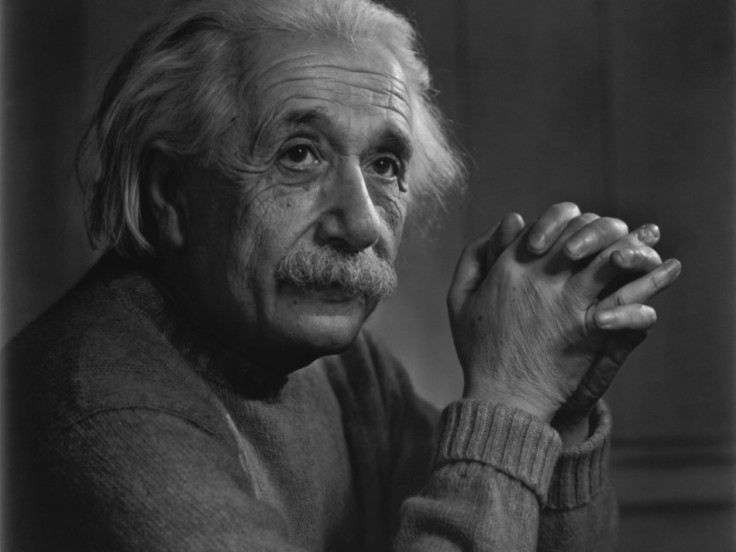CERN Confirms Einstein’s Theory that Neutrinos Obey Light Limit

Researchers at the European Organisation for Nuclear Research (CERN) have confirmed Einstein's theory that neutrinos obey the limits of the speed of light.
At the 25th International Conference on Neutrino Physics and Astrophysics in Kyoto held on 8 June, 2012, CERN Research Director Sergio Bertolucci presented results on the time of flight of neutrinos from CERN to the INFN Gran Sasso Laboratory on behalf of four experiments situated at Gran Sasso.
A press release issued by CERN mentions that the four, Borexino, ICARUS, LVD and OPERA all measure a neutrino time of flight consistent with the speed of light. This is at odds with a measurement that the OPERA collaboration put up for scrutiny in September 2011, indicating that the original OPERA measurement can be attributed to a faulty element of the experiment's fibre optic timing system.
"Although this result isn't as exciting as some would have liked," stated Bertolucci, "it is what we all expected deep down. The story captured the public imagination, and has given people the opportunity to see the scientific method in action - an unexpected result was put up for scrutiny, thoroughly investigated and resolved in part thanks to collaboration between normally competing experiments. That's how science moves forward."
In 2011, when the research was being carried out, there were articles and reports all over questioning Einstein's theory about the limits of speed of light and the apparent discovery of neutrinos travelling faster than light.
However, Forbes earlier pointed that "faster than light (FTL) travel for a particle with a rest mass of greater than zero would certainly be interesting if it existed. For a start, it would be the basis of faster than light travel itself: soaring off around the universe type stuff. However, that also means, inevitably, time travel. If you can travel faster than light then you are doing time travel in fact."
In another development reported in Kyoto, the OPERA experiment showed evidence for the appearance of a second tau-neutrino in the CERN muon-neutrino beam; this is an important step towards understanding the science of neutrino oscillations.
© Copyright IBTimes 2025. All rights reserved.



















